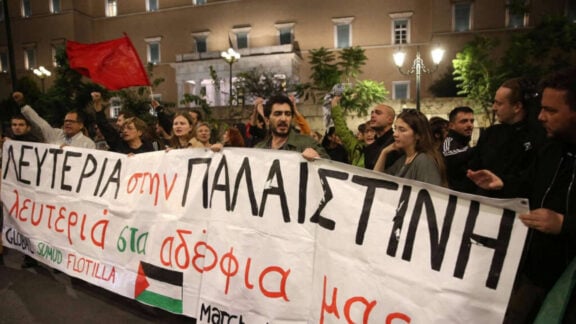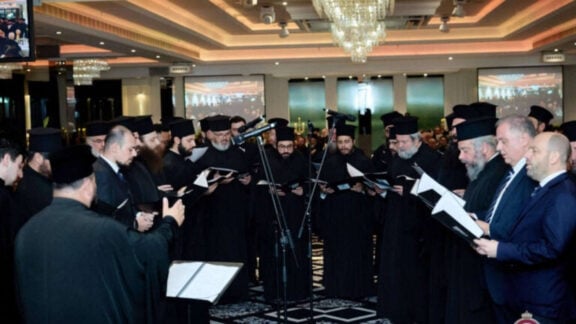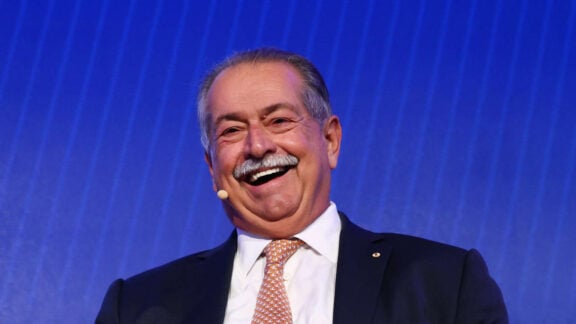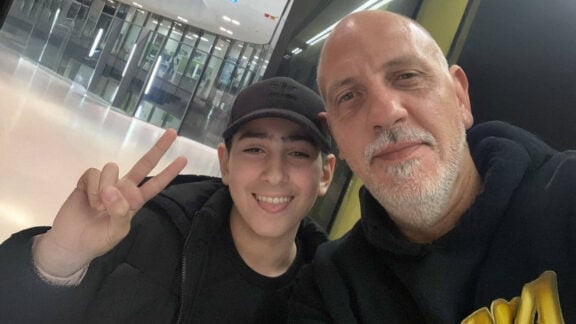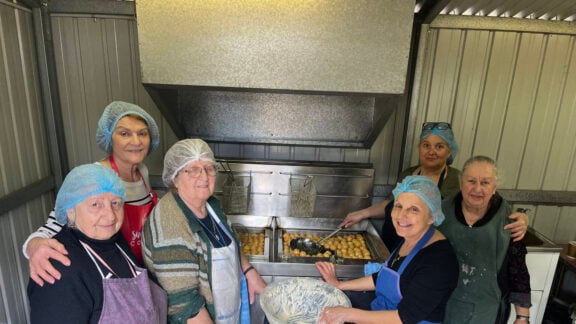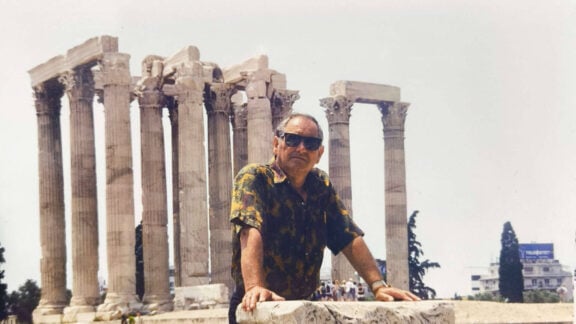Greeks have been venturing abroad to teach their mother tongue for decades through seconded teachers’ schemes set up by the Greek government.
With the promise of new experiences for both teachers and students, it hasn’t come without its fair share of challenges, according to Immaculate Heart College principal Dr Angela Evangelinou-Yiannakis.
According to her research, one of the problems is that “teachers are not properly prepared for what they are to meet with when they come to these other countries”, which she attributes to poor communication.
When interviewing prospective teachers in Athens set to come either to Australia or New Zealand, all expected to be teaching children of Greek background, which she says is “far from the truth, in Western Australia at least”.
With a deficit in the research, Dr Evangelinou-Yiannakis decided to conduct the first in-depth study on the matter in WA for her thesis ‘The teaching of Greek as a second language in WA under the seconded teachers from Greece scheme’, which she revisits in her recent book Teaching at Home, Teaching Abroad.
There’s no denying her as the right candidate for the job, possessing a vast and intimate knowledge of the industry.
Having worked alongside the very first seconded teacher to the region in 1983, Andreas Adonis, together they formulated the first Year 11 and 12 syllabus for Modern Greek.
Dr Evangelinou-Yiannakis became director of Greek Studies in 1994 at WA’s St Andrews Grammar School – the first Orthodox day school.
It was after she observed the seconded teachers in the classroom first hand to prepare a report, that she started to notice the issues.
“That got me thinking: ‘why are there these challenges? What is not happening here? Is there a deficiency in the training? What is it that creates these problems?'”
Her study didn’t commence until years later, completing her thesis over a period of six years, and detaching herself from the school for the final two, to give her an objective view of the situation.
“Some of the obvious challenges that come to mind are initially the language barrier. There was a heavy reliance on worksheets and one text – not a hands on or creative approach,” says Dr Evangelinou-Yiannakis who found problems in the classroom with students often restless and feeling disengaged.
Discipline was another issue highlighted by the study. “Seconded teachers expected an innate respect for the teacher, and we know that here in Australia respect is earned rather than guaranteed as a given because you’re a teacher,” she explains.
All of which Evangelinou-Yiannakis attributes to the expectations of stake holders of the program; the seconded teachers, the authorities, and the host schools and community.
“As a result of the conflicting expectations they went through three stages: idealism, conflict and eventually cooperation,” she says.
This three-stage theory that emerged out of the study has proven to be transferable to a number of disciplines.
Teaching at Home, Teaching Abroad was born out of a a desire to not merely “leave the study on the shelf” which can happen a lot with doctoral theses.
“I really wanted it to be out there, and that it makes a difference.”
“The book is actually a tribute to the Greek government for its initiative, foresight and forward planning in terms of secondment, because it’s sending to the world those who are most intimate with the language and culture to go out there and to teach it,” Dr Evangelinou-Yiannakis explains.
“I believe that it is a very worthy program and one that should continue. Hopefully my research can play a role.”
Teaching at Home, Teaching Abroad is available directly from Dr Evangelinou-Yiannakis via angeliki_777@hotmail.com

